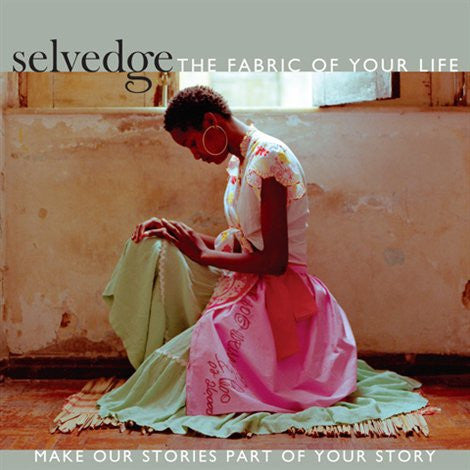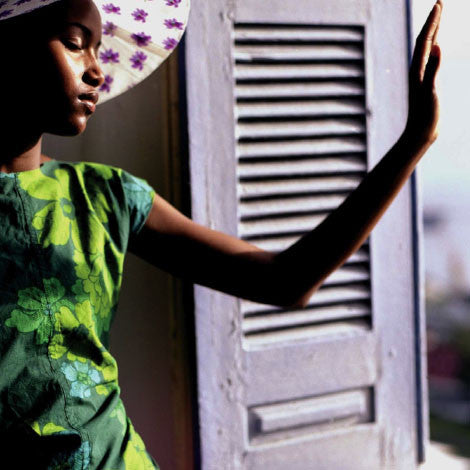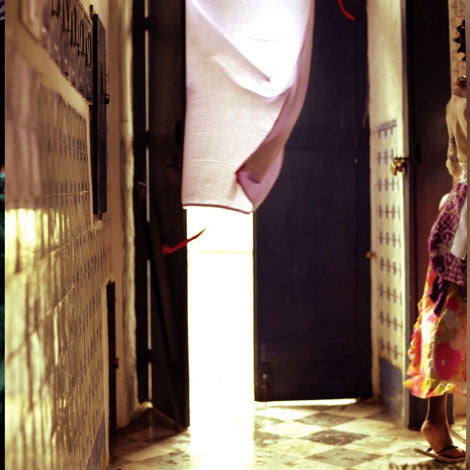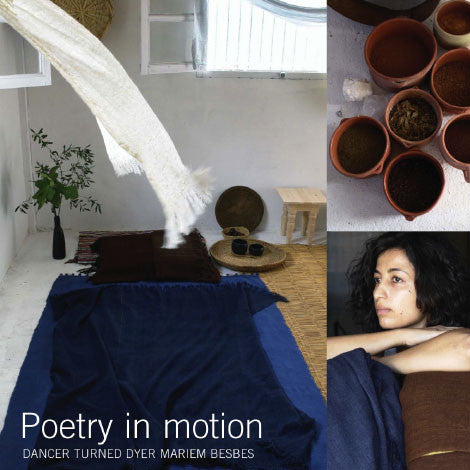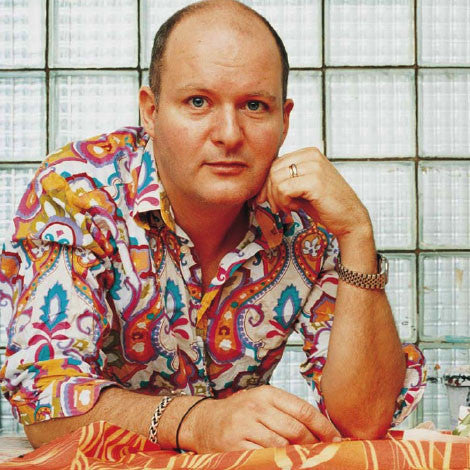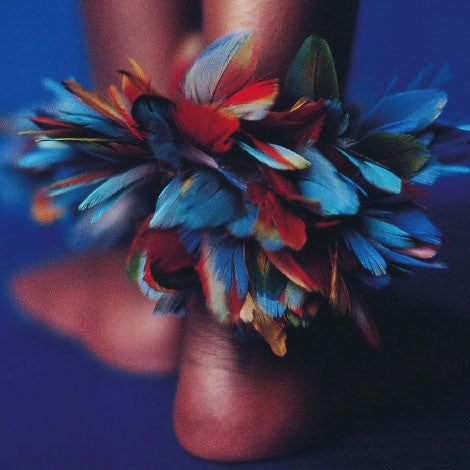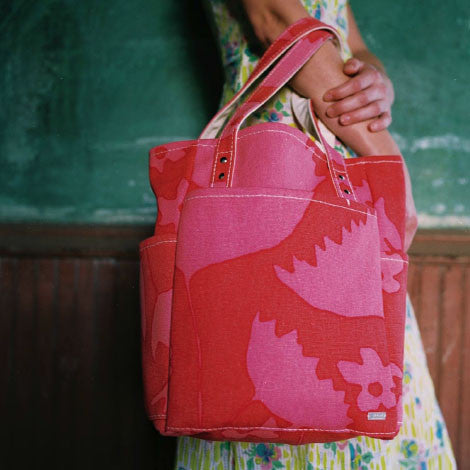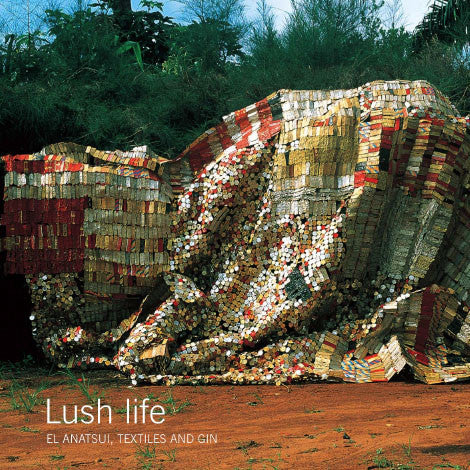Issue 17 Debut - currently only available as a digital copy
Selvedge Magazine
Couldn't load pickup availability
Please note issue 17 is now only available as a digital copy, there are no print copies available at this current time.
THE IDEA OF CHANGE frightens and fascinates. A few rare people manage to “change the world” in dramatic ways – Ghandi, Martin Luther King and Emmeline Pankhurst – but for most of us change for the better is a slow process. 2007 is the bicentenary of the abolition of the slave trade. Many institutions are taking part in celebrations, the V&A is holding an exhibition featuring the work of El Anatsui among others. Key figures in the fight to end the shameful practice such as William Wilberforce (the subject of the new film Amazing Grace) are rightfully lauded but resistance occurred through all ranks of society. During the American Civil War the supply of cotton from southern slave plantations was severely restricted. Lancashire mills were closed but despite the hardships, cotton workers in Rochdale refused to handle slave-grown cotton. To thank them Lincoln sent food supplies, a rare surviving barrel is inscribed “I am one of the thousands that were filled with flour and sent by the Free States of America... to the starving people of Lancashire whose miseries were caused by the aggressive and civil war of the slave owners in 1862-3-4". The slaves themselves were not passive figures in the fight – they risked their lives to assert their humanity and spirit in many ways including art. The early quilters of Gees Bend refused to be cowed, and from them descendants of slaves and African American artists inherited a vibrant legacy. None have done it greater justice than quilter Rosie Lee Tompkins, pg 36, whose use of colour and composition is unparalleled. A playful celebration of colour and freedom was also captured on the streets of Bahia, pg 16, by Fedor Van der Valk in our photo story. And a welcome sense of pride and authority can be found in the traditional Fante Asafo Flags of Ghana, pg 96. There are those working in textiles whose conditions are still akin to slavery. Nelson Mandela once said “education is the most powerful weapon you can use to change the world.” The links between textiles and slavery are numerous and surprising, it’s a history that can shock or inspire – and it’s one we should all learn.
Polly Leonard, Founder
Share
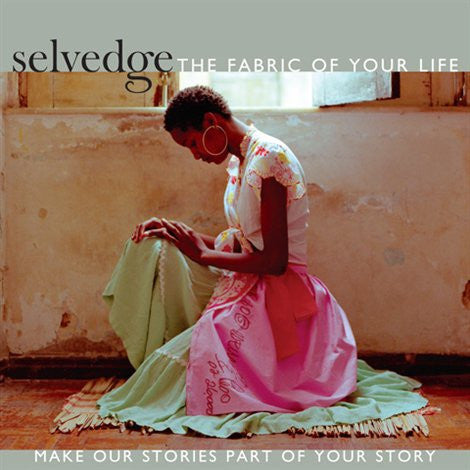
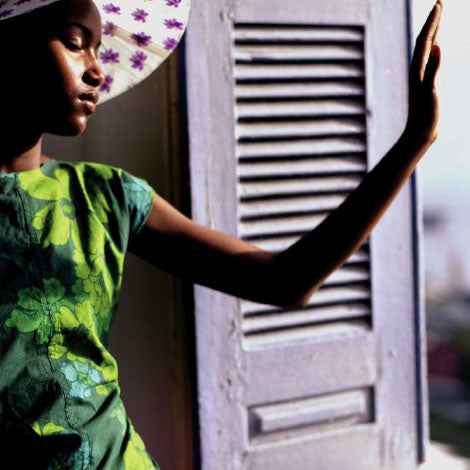
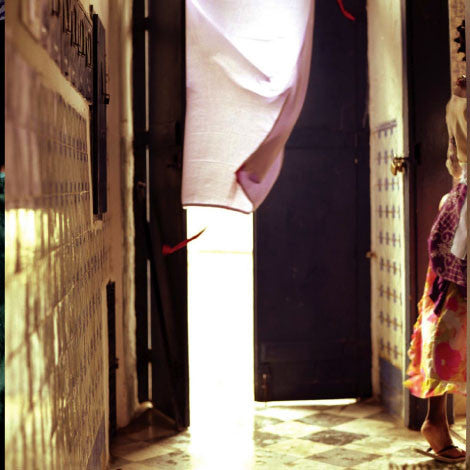
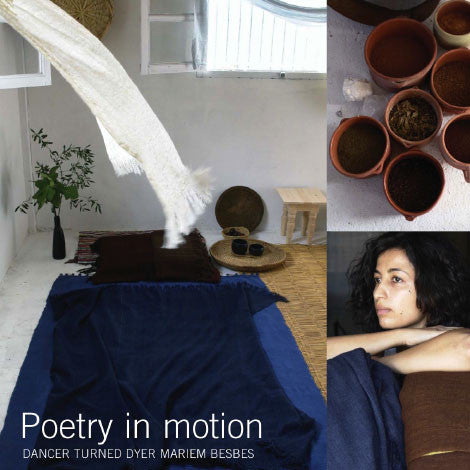
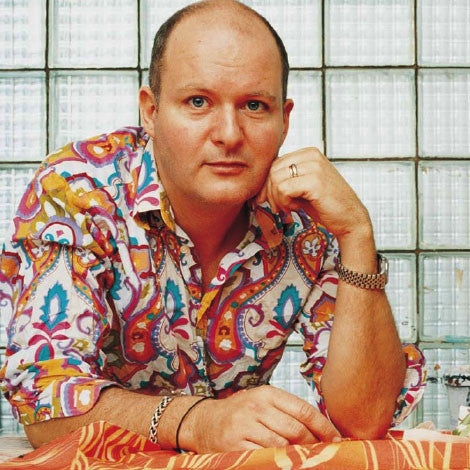
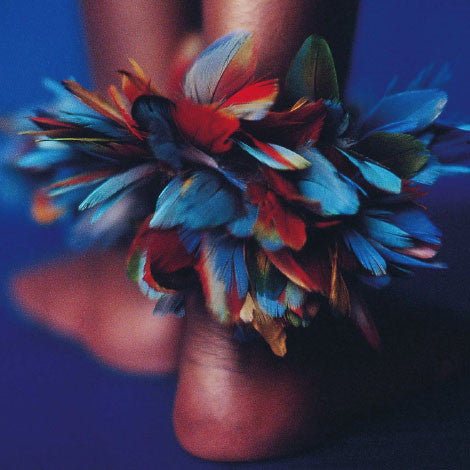
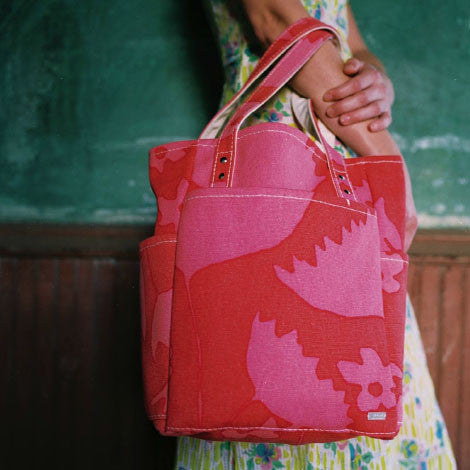
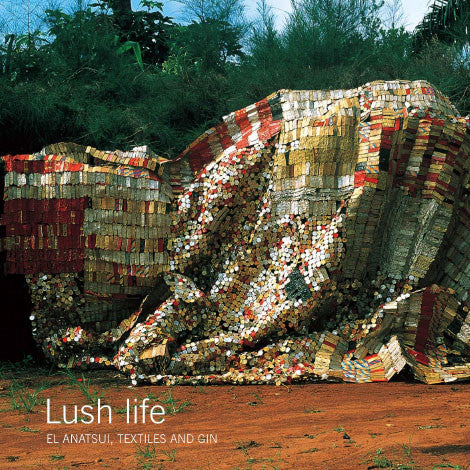


A truly enjoyable read
This magazine is a joy to read on every level. It is well researched, interesting and beautifully written. It cleverly connects the distant past with cutting edge current practice and has inspired me to learn more about both. Now I want to read more!
Visually very satisfying and intellectually stimulating
I always find Selvedge Magazine visually very satisfying and intellectually stimulating. I have all the issues in my library and will have to find a good institution to donate then to when the time comes. I remember getting issue 00 at some conference or meeting in the US when you were first starting out. Bravo again for so many years of sharing the joy of textiles in all its varied forms with all of us.
Congratulations on your vision!
I’ve just been looking up your magazine, and absolutely love it! It seems like it knits together all the slices of delight that are left over in our soul when we are spent with our daily survival transactions…..congratulations on your vision!
I treasure each issue
Your exquisite magazine - I treasure each issue and feel fortunate to receive it.
Selvedge endlessly nourishes my soul
Selvedge endlesslynourishes my soul. Much love and gratitude to Pollyand the Selvedge clan.

